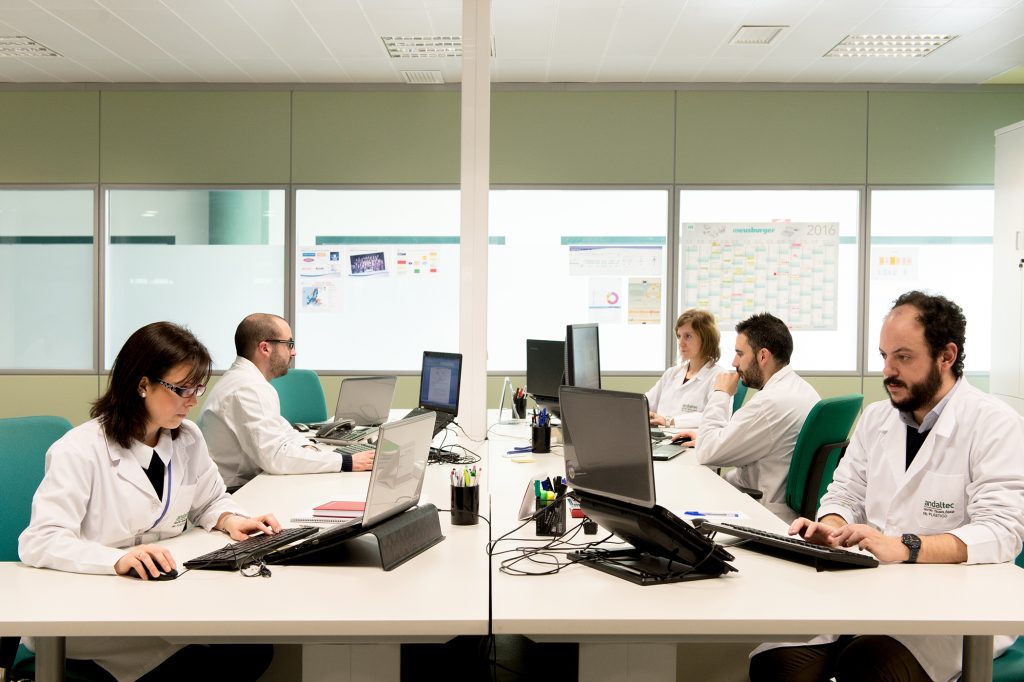Andaltec, a Spanish research centre focused on plastics, has announced that it will be developing a new set of active polymers for use in the 3D printing of medical devices. The project, named PoliM3D, will see the characterization of new antibacterial and analgesic filaments for FDM 3D printers. These new filaments will be used to produce custom implants, prosthesis, and surgical tools tailored to individual patients.
The project will be funded by a research and development scheme set up by the Andalusian government’s department for Economy, Business and University, and is expected to go on until late 2021.
Andaltec’s active polymers
The newly developed polymers will have antimicrobial and analgesic properties, adding value to the medical devices that they will be used to fabricate. As well as developing the filament, the Andaltec researchers will also be working on a 3D printing process optimized to extrude the active polymers.
Leading the PoliM3D project is Antonio Peñas, who firmly believes that the AM process, used in conjunction with active polymers, will enable more affordable and more efficient medical care for a variety of conditions. 3D printing medical devices directly in the hospital will result in a reduction in the time and costs associated with preparing for treatments. As well as freeing up scarce resources, 3D printed prosthesis and implants are also expected to be safer and more precise than their traditionally manufactured counterparts, with design iterations able to be made on the fly.
Andaltec will be actively working with nearby hospitals to provide training for the technicians that will be operating the machines. The Spanish technological centre has extensive experience in prototyping as well as research and development, and will be using that expertise to provide support on technical issues for the healthcare workers where possible.

Although antimicrobial feedstock is still very much in its infancy, companies around the world have begun making significant strides towards potent 3D printing materials for medical devices. Copper3D, inventor of the trademarked PLACTIVE material, recently developed a HIV inactivating device made of its 3D printable copper-infused PLA. The device is designed to act as an interface during breastfeeding, making it safe for children to consume contaminated breast milk. Elsewhere, in France, industrial silicone manufacturer STERNE has launched a 3D printable antimicrobial silicone material that slows the development of bacteria on the surface of a 3D printed product.
The nominations for the 2020 3D Printing Industry Awards are now open. Who do you think should make the shortlists for this year’s show? Have your say now.
Subscribe to the 3D Printing Industry newsletter for the latest news in additive manufacturing. You can also stay connected by following us on Twitter and liking us on Facebook.
Looking for a career in additive manufacturing? Visit 3D Printing Jobs for a selection of roles in the industry.
Featured image shows polymer testing at an Andaltec facility. Photo via Andaltec.



